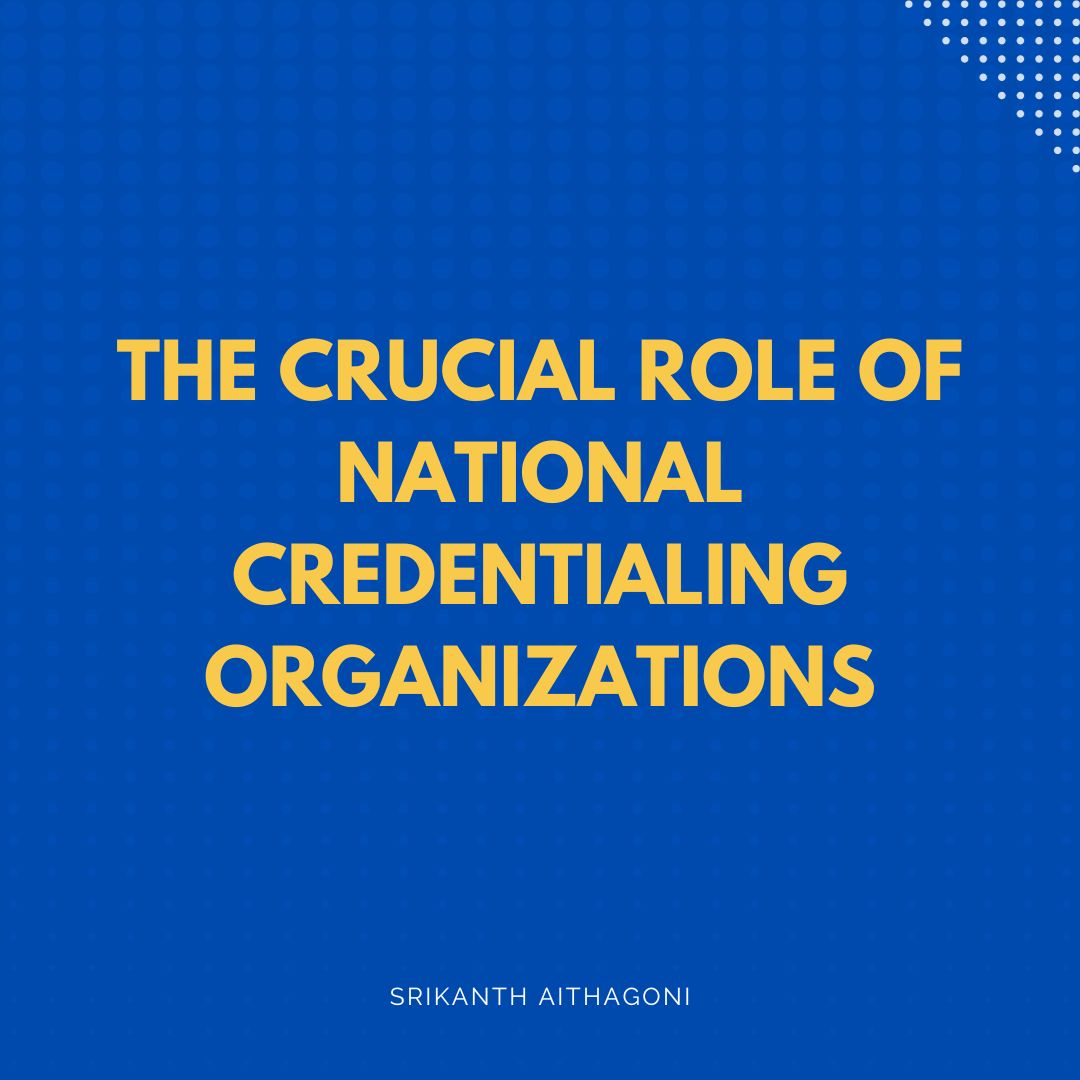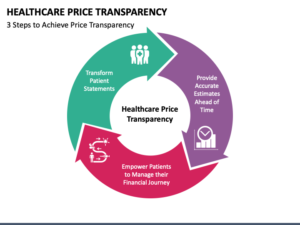In the intricate web of the healthcare industry, ensuring the competence and qualifications of healthcare professionals is paramount. National credentialing organizations play a pivotal role in this process, serving as guardians of standards and gatekeepers of quality in the realm of healthcare services. Let’s delve into the crucial role these organizations play in shaping the landscape of healthcare.
1. Upholding Standards of Competence
National credentialing organizations establish and maintain rigorous standards for healthcare professionals. These standards encompass education, training, and ongoing professional development. By doing so, they create a benchmark that ensures individuals entering the healthcare field possess the requisite knowledge and skills. This not only safeguards the quality of patient care but also contributes to the overall advancement of the healthcare sector.
2. Ensuring Patient Safety
Patient safety is non-negotiable in healthcare, and national credentialing organizations act as a first line of defense. By meticulously vetting the qualifications and competence of healthcare practitioners, these organizations mitigate the risks associated with subpar healthcare delivery. Patients can trust that a credentialed professional has met stringent requirements and is committed to upholding the highest standards of care.
3. Facilitating Interoperability
In an era where healthcare services are increasingly interconnected, interoperability is key. National credentialing organizations streamline the process of information exchange by providing a standardized framework for verifying and sharing credentials. This not only enhances efficiency but also ensures that healthcare professionals can seamlessly move between institutions and regions without compromising the integrity of their credentials.
4. Supporting Career Advancement
Credentialing is not a one-time event; it’s a dynamic process that involves continuous learning and improvement. National credentialing organizations play a vital role in supporting the ongoing professional development of healthcare practitioners. Through certifications, workshops, and training programs, these organizations empower professionals to stay abreast of the latest advancements in their field, fostering a culture of lifelong learning.
5. Fostering Public Trust
In healthcare, trust is the foundation of the patient-provider relationship. National credentialing organizations contribute significantly to building and maintaining this trust. When patients see that their healthcare provider is credentialed by a reputable national organization, it instills confidence in the quality of care they can expect. This trust is not only crucial for individual healthcare encounters but also for the overall credibility of the healthcare system.
6. Regulatory Compliance
Healthcare is a highly regulated industry, and compliance with these regulations is essential for both individual practitioners and healthcare institutions. National credentialing organizations often work hand-in-hand with regulatory bodies to ensure that their standards align with legal requirements. By doing so, they help healthcare professionals navigate complex regulatory landscapes, minimizing the risk of legal issues and ensuring the delivery of ethical and lawful healthcare services.
7. Addressing Workforce Shortages
The healthcare industry is not immune to workforce shortages, and national credentialing organizations play a strategic role in addressing this challenge. By streamlining the credentialing process and providing pathways for qualified individuals to enter the workforce, these organizations contribute to the overall resilience of the healthcare system. This is especially critical in times of crisis, where a robust and well-credentialed healthcare workforce is essential.
National credentialing organizations are the unsung heroes of healthcare. They’re the guardians of quality, ensuring that healthcare professionals meet the highest standards of competency and practice.
Here’s a crisp look at their pivotal role:
– Defining the Standards: These organizations establish uniform standards for education, training, and certification in various healthcare specialties. This sets the stage for consistent, high-quality training across the board, giving patients the care they deserve.
– Patient Safety: Through rigorous credentialing, they guarantee that healthcare professionals are up to snuff, reducing the risk of medical errors and enhancing patient safety. High-quality care is a direct result of their work.
– Professional Growth: They don’t stop at certification; they provide continuous professional development and education opportunities. Staying current with the latest advancements benefits both professionals and patients.
– Career Boost: The recognition and credibility that come with their certification can catapult healthcare professionals’ careers. It’s like an industry seal of approval, visible to employers, colleagues, and patients.
– Accountability: By maintaining transparency and conducting audits, they ensure accountability. Patients can make informed choices, knowing they’re in capable hands.
– Common Names: Recognize organizations like ANCC, ABMS, NCCA, and JCAHO, which are leaders in healthcare credentialing.
– Challenges and Progress: Yes, there are challenges like high costs and variations in standards, but we’re working towards greater collaboration and standardization.
– The Future: Expect more focus on ongoing professional development and integration of technology. Diversity and inclusion will also take center stage.
Conclusion: Elevating Healthcare through Credentialing Excellence
In the intricate dance of healthcare, national credentialing organizations stand as guardians of quality, safety, and professionalism. Their role in setting and maintaining standards, ensuring compliance, and fostering continuous improvement is indispensable. As we navigate the ever-evolving landscape of healthcare, the contributions of these organizations become increasingly vital, elevating the entire industry and, most importantly, ensuring the well-being of the patients it serves. Through their unwavering commitment to excellence, national credentialing organizations shape the future of healthcare, one credential at a time.









Great article! I appreciate the clear and insightful perspective you’ve shared. It’s fascinating to see how this topic is developing. For those interested in diving deeper, I found an excellent resource that expands on these ideas: check it out here. Looking forward to hearing others’ thoughts and continuing the discussion!
Thanks for your kind words.